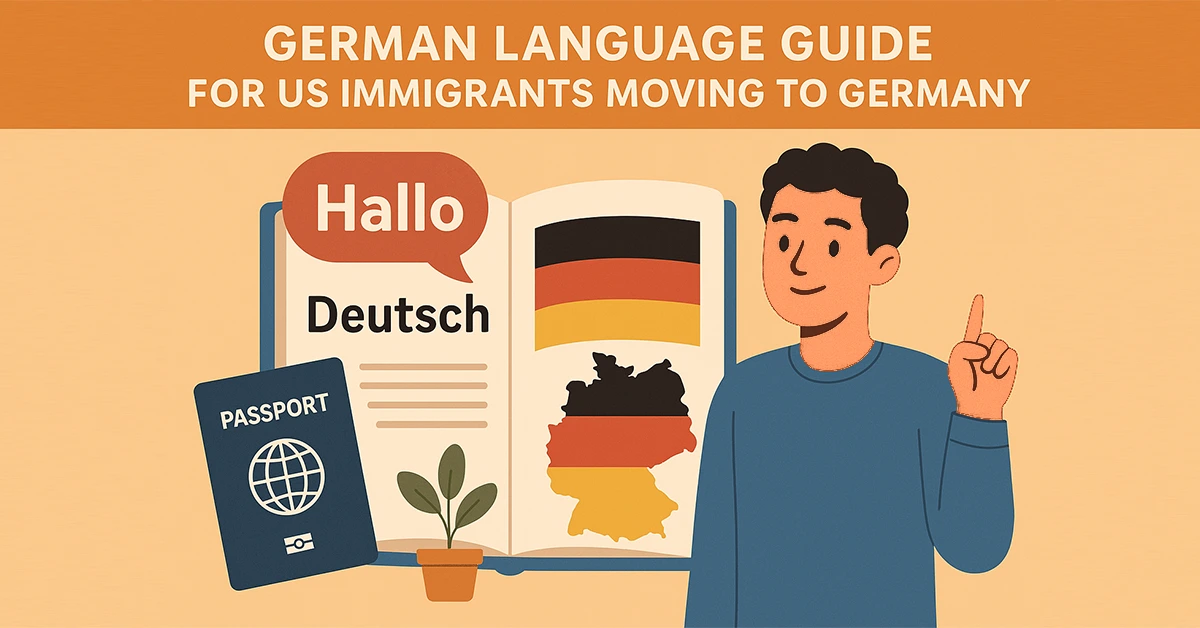moving to germany
-

German Survival Kit for UK Expats in Germany
Learn essential German phrases, vocabulary, and survival tips for UK expats in Germany. This complete language kit helps you handle daily life with confidence.
-

Learn German from the UK – Study and Move to Germany Guide
Learn German from the UK with this complete guide for British students. Discover top courses, language requirements, and tips for studying and moving to Germany successfully.
-

German Language Guide for US Immigrants in Germany
A complete German language guide for US immigrants moving to Germany. Master key phrases, grammar levels, and survival tips for a confident expat life.
-

Learn German Fast Before Moving – Complete A1 Beginner’s Guide
Learn German fast before moving to Germany with this complete A1 guide. Discover essential vocabulary, grammar rules, free resources, and speaking tips.